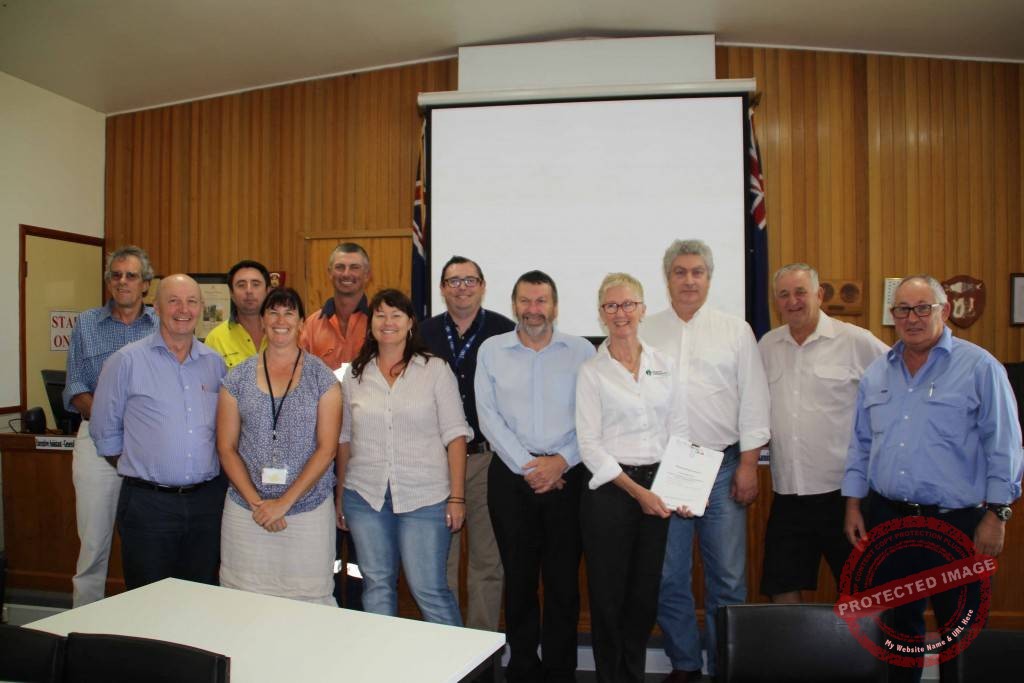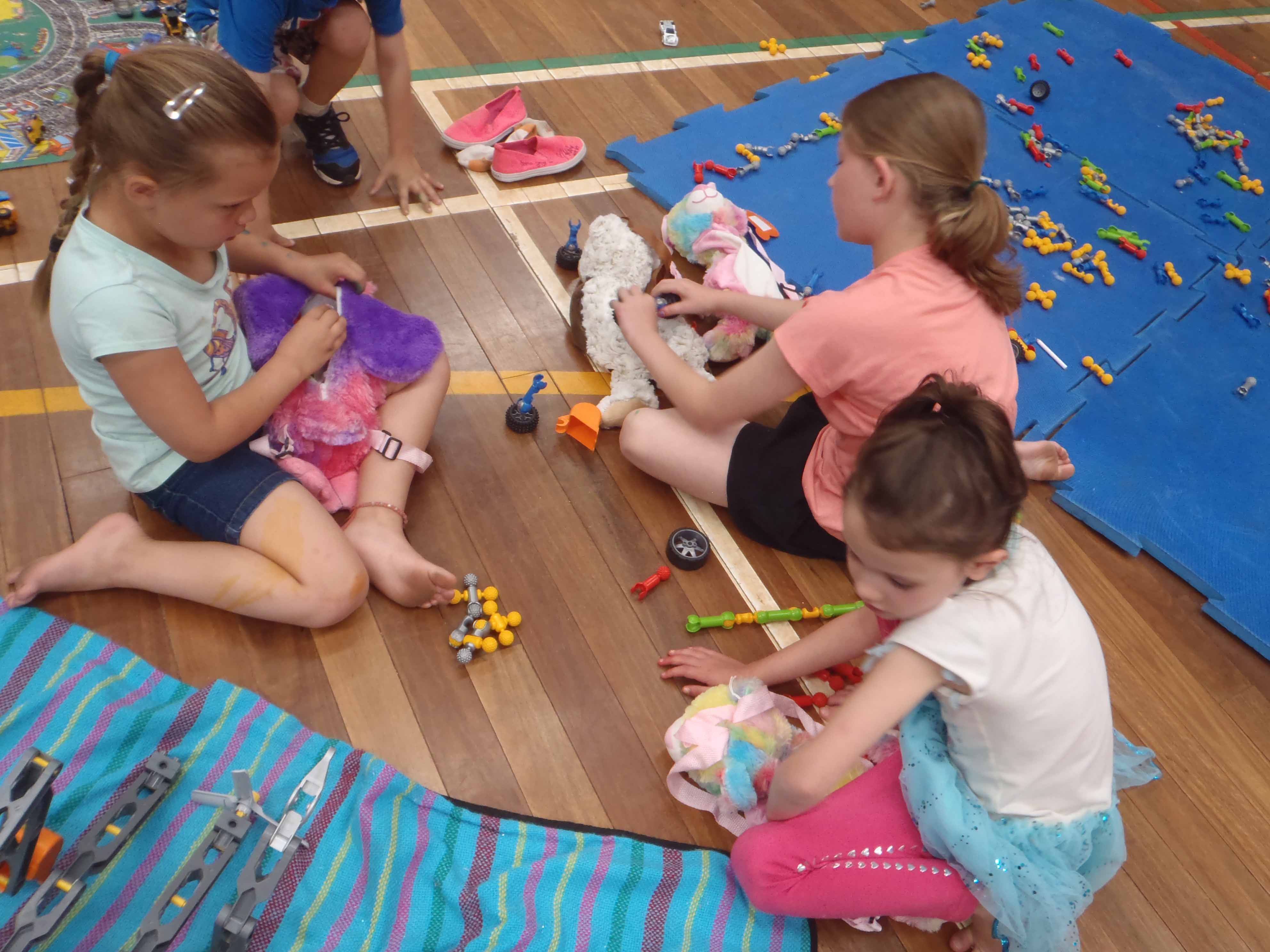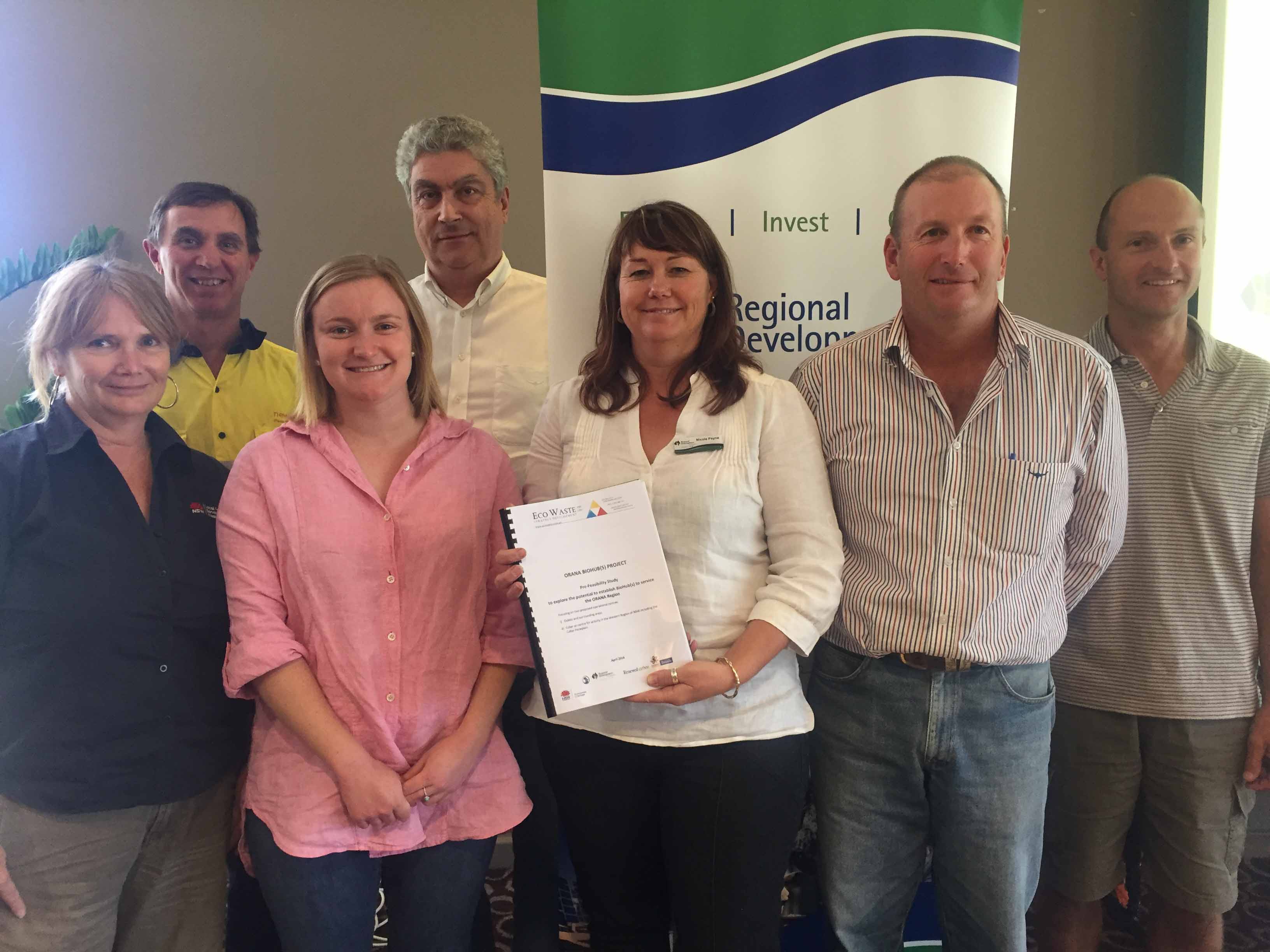
A pipe dream to find a profitable use for invasive native species (INS or Woody Weeds) in the Cobar Shire might become more of a reality if the initial results of a pre-feasibility study are anything to go by.
Regional Development Australia (RDA) Orana has been working with staff from Renewed Carbon, Western Regeneration, Dubbo City Council, Cobar Shire Council, the NSW Government Department of Environment and Heritage and other local stakeholders on an Orana BioHub Project for the Dubbo and Cobar areas.
Mark Glover from EcoWaste carried out the study and presented his pre-feasibility findings about the proposed Cobar project to local stakeholders last Friday saying it would have both economic and environmental benefits.
Mr Glover prepared his 103 page pre-feasibility study report (with several attachments) following consultations with various government departments including Local Land Services, Crown Lands, Environmental Protection Authority and the Forestry Corporation.
He also used data and methods developed by local company Western Regeneration and met with Cobar Shire landholders, including Peter Yench to observe land clearing practices at Mr Yench’s property Bulgoo.
In his report Mr Glover outlines the development of a biomass processing industry using locally harvested INS.
He said the BioHub or “abattoir for vegetation” could fully resolve current problems with INS and provide the basis for the long term sustainable development of the region.
At last week’s meeting, Mr Glover called for feedback on his report from the local stakeholders, which included Russell Grant (Western Local Land Services), Chris Higgins and Stephen Nicholson (Western Regeneration), Shaun Barker (Crown Lands-Western Lands), Peter Yench and staff from Cobar Shire Council.
“Conceptually, we’re obviously in support of it,” council’s acting general manager Stephen Taylor told the meeting.
“Although it is a slow process to get new industries like this happening, it will be worth the effort to establish a new non-mining related industry in Cobar,” Western Regeneration director Chris Higgins said.
RDA Orana’s chief executive officer Felicity Taylor-Edwards said RDA had been pleased to facilitate the study and were “delighted” with the findings of Mr Glover’s report.
“From RDA’s point of view, there’s never been a better time in regional Australia for a project such as this,” Ms Taylor-Edwards said.
Mr Glover said there is still some more work to be done on the technical side of land clearing methods before a final report can be presented.
He is also keen to receive the local stakeholders feedback on his pre-feasibility report which will also help him to finalise his BioHub study.


